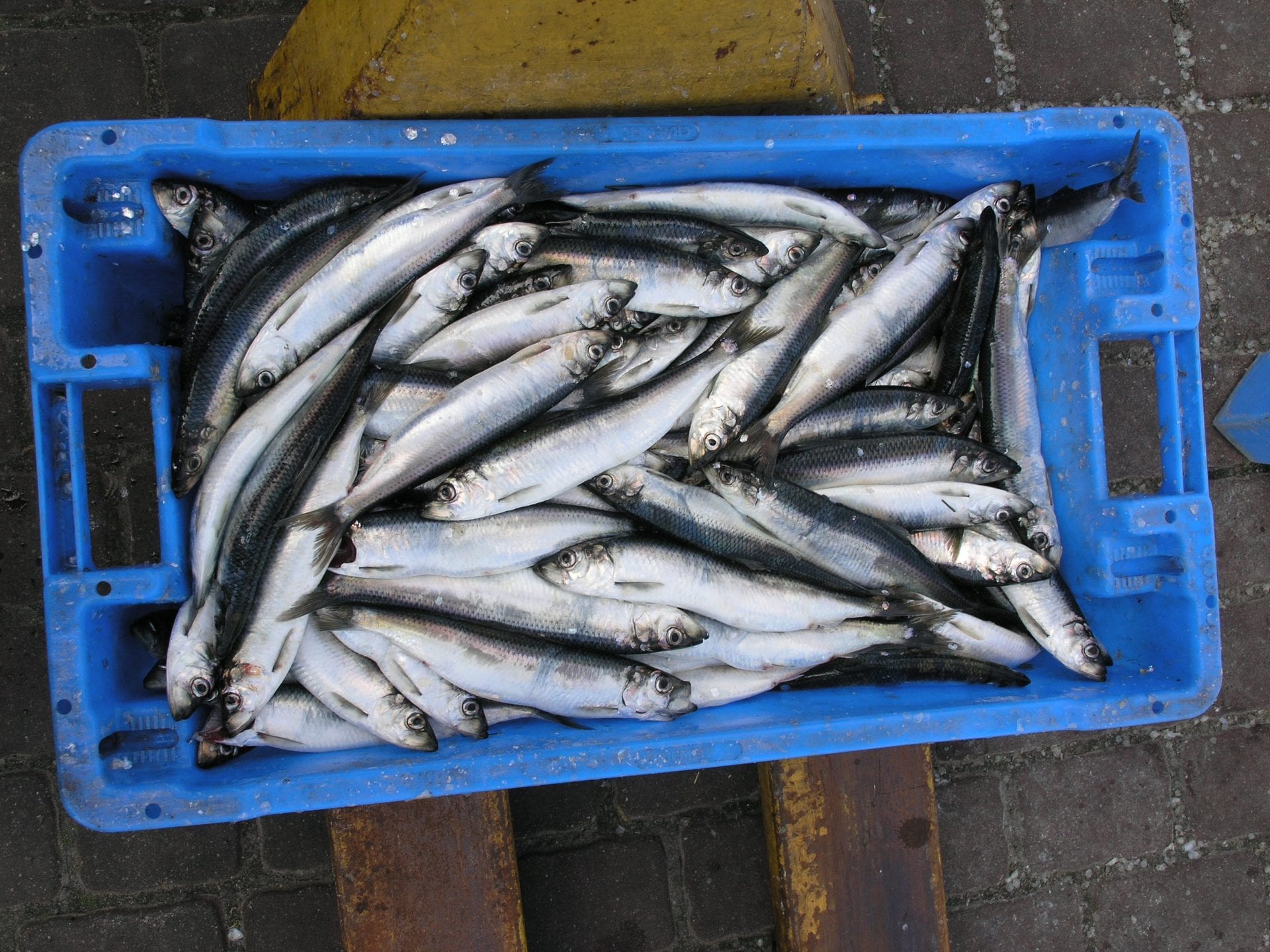Agreement on the EU’s biggest fisheries reform in a decade has been reached but it includes some proposals that undermine accurate catch reporting and risk further overfishing.
On 30 May, negotiations between the EU Council and Parliament on the European Commission’s Fisheries Control Regulation proposal ended in agreement. The Control Regulation is part of EU Common Fisheries Policy (CFP) enforcement provisions and helps to ensure that the CFP rules are followed by vessels fishing in the EU.
Positive takeaways from the agreement include major reforms to modernise the EU Fisheries Control Regulation, through the use of Remote Electronic Monitoring and CCTV on vessels of 18 metres or more at risk of not complying with the requirements of the CFP. However, some significant concerns remain.
Margin of Tolerance (MOT)
Negotiations on the MOT were particularly concerning. Prior to the May vote, BirdWatch Ireland and the Irish Wildlife Trust delivered 1,541 signatures to a joint petition urging the Minister for Agriculture, Food & the Marine, Charlie McConalogue TD, to vote against any EU Council proposal that would backtrack on current fisheries control regulations or expand the MOT in ways that would undermine the accuracy of catch reporting.
The MOT exists to help avoid harsh penalties where a vessel has made a genuine error in reporting catches landed; it allows a certain leeway where a vessel’s actual catch landed differs from the vessel’s reported landings. As vessels are allocated quota per species, it is important that there is an accurate insight into what their actual catches are. Ensuring accurate catch data is essential for setting science-based catch limits, and an undeniable obligation for all EU member states.
Prior to the May agreement, a MOT of 10% per species was allowed – meaning that a vessel can misreport up to 10% of the weight of each species retained onboard. However, during negotiations some member states proposed allowing many fisheries an exemption – to allow a 10% MOT on the total catch instead of by species. This kind of exemption has in practice allowed vessels to report a catch of (overfished) herring as sprat, or vice-versa – as long as this misreporting stayed within a 10% limit of the total landed catch. According to the European Commission, “this relaxation played a major role in facilitating misreporting of the species… and therefore is contributing to the very bad state of the stocks in the [Baltic] region.”
While this proposed expansion on the MOT was not applied to all catches in the May agreement, it was applied to small pelagic fisheries, industrial fisheries and tropical tuna fisheries, with some ‘strict’ conditions attached. The expansion will apply the MOT of 10% across the entire catch rather than per species. Three species of tropical tuna are fished in EU waters, of which two (Yellowfin and Bigeye) are overfished in the Indian Ocean, where over half of the EU tuna catch is caught.
One of the ‘strict’ conditions intended to ensure compliance with this expanded MOT will require vessels in this category to use designated ports with heightened enforcement. However, this raises practicality and implementation concerns, and most of all prompts the question why, after 10 years of the reformed CFP, are all ports are not effectively enforcing the CFP’s rules?
The text of the May agreement must be formally adopted by the Parliament and the Council. It is scheduled to be put to a vote in one of the next Parliament’s Fisheries Committee meetings.
We would like to extend a huge thank you to all BirdWatch Ireland supporters and members who signed our joint petition – your voice plays a critical role amplifying our advocacy work, raising awareness with more people and ensuring our elected representatives know how important Ireland’s birds and biodiversity are to us all. Go raibh míle maith agaibh.


